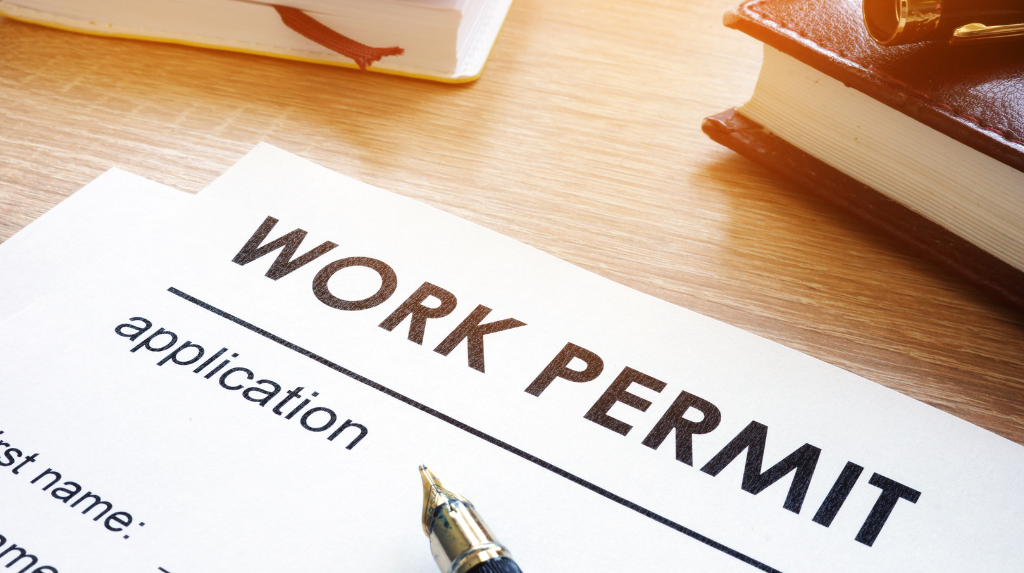France has a strong healthcare system that prioritizes solidarity, meaning everyone, regardless of financial status, can access healthcare. Known as Protection Universelle Maladie (PUMA), the system blends public and private elements to offer comprehensive coverage. Expatriates living and working in France also benefit from this system, receiving medical care and support.
The French Healthcare System
France’s healthcare system operates on the principle of universal healthcare, ensuring that all residents receive medical services regardless of employment or nationality. This promotes equality and overall well-being for the population.
Funding the System
The French healthcare system is funded through a mix of taxes, social contributions, and private insurance. Residents pay taxes, and employers contribute through payroll deductions, ensuring the system’s sustainability and accessibility.
Reimbursement and Insurance
In France, national health insurance covers a large portion of medical costs, reimbursing up to 70% of expenses. For chronic conditions like cancer or diabetes, coverage extends to 100%. The remaining costs can be managed through non-profit private insurers or private health insurance.
Navigating Healthcare
Upon registration, individuals receive a Carte Vitale, a smart card containing personal information. You swipe this card at healthcare visits to process payments through the Social Security system. You typically receive reimbursements for medical expenses within five days.
Medical Visit Process
In France, a typical medical visit involves several steps:
- Identifying the Issue: If you have a medical concern, it’s time to see a doctor.
- Consulting a General Practitioner (GP): It’s recommended to visit a GP first, though not mandatory. GPs are usually the initial point of contact.
- Payment for Consultation: You’ll pay around €25 for the doctor’s consultation.
- Using the Carte Vitale: This is used to process payment information.
- Receiving Reimbursement: The public health insurance system automatically reimburses a significant portion of the expense directly.
It’s important to visit a GP before seeking specialized care because the health insurance system offers better reimbursement rates for those who do.
Health Insurance for Expats: Requirements and Choices
Everyone living in France, including expats, must have health insurance. Those planning to stay long-term need to join France’s national health insurance scheme. Even for shorter stays, having strong medical coverage is recommended. Expats needing a French visa should have travel insurance with comprehensive medical coverage.
Getting Covered: Steps for Expats
Expats in France can eventually access the public healthcare scheme. However, it takes about six months to qualify for PUMA (Protection Universelle Maladie). During this time, it’s wise to get private health insurance for coverage. To qualify for PUMA, ex-pats must meet these residency criteria:
- Regular Residency: French nationality, valid residence permit, or in the process of obtaining one.
- Stable Residency Basis: Prove continuous residence in France for at least three months.
Employers usually help with PUMA registration for employees. After six months, expats can use the international health insurance provided by the French system. Private health insurance can supplement this to cover the remaining 30% of costs not covered publicly.
Choosing Health Insurance Providers
There are several reputable health insurance providers for expatriates in France. These include non-profit insurance funds and private international health insurance companies.
Advantages of the Healthcare System:
- Universal Coverage: All residents in France have access to healthcare services, ensuring everyone gets the medical care they need.
- Chronic Condition Support: Those with long-term health issues receive full coverage for their medical costs.
- Administrative Complexity: Patients must navigate a complicated system with a lot of paperwork and administrative procedures.
Challenges of the System:
- Waiting Period: Expatriates may face a waiting period before they can benefit from public health insurance.
- Coverage Gaps: The public scheme might not cover the entire medical bill, leaving individuals responsible for paying the remaining 30%.
- Administrative Complexity: Patients must navigate a complicated system with a lot of paperwork and administrative procedures.
Health Insurance for Specific Groups
International Students
International students studying in France must register with the authorities. Non-EU/EEA students should have travel insurance with medical coverage before starting their studies. After registration, they can use the public health insurance scheme.
Retired Expats
Retired expatriates wanting public health insurance must apply to join the system and meet residency requirements. This process may take time, so having private health insurance is advisable.
UK Citizens and Brexit
UK expats in France have specific regulations based on their status. Temporary workers can use the UK Global Health Insurance Card (GHIC) or the S1 form for French healthcare access.
How do I register for the French healthcare system as an expat
To register for the French healthcare system as an expat, follow these steps:
Eligibility Requirements
- Residency Duration: You must have lived in France for at least three months to be eligible for public healthcare coverage.
- Legal Status: Ensure you have a valid residence permit or visa.
Registration Process
Locate Your Local CPAM: Find your local Caisse Primaire d’Assurance Maladie (CPAM) office through the Ameli website.
Prepare Required Documents: Gather the necessary documents, which typically include:
- Passport or valid ID
- Proof of residence (e.g., utility bill)
- Birth or marriage certificates (if including family members)
- Employment contract or proof of income
Submit Your Application: You can register either online via the Ameli platform or in person at your local CPAM office. If registering online, create an account and upload the required documents.
After Registration
- Receive Provisional Coverage: After submitting your application, you will receive a provisional social security number, allowing you to access healthcare services while waiting for your permanent number and carte Vitale (health card).
- Choose a Primary Care Doctor: Select a primary care physician and submit a declaration (déclaration de médecin traitant) to ensure proper reimbursement for services.
Additional Information
- If you are employed, your employer will typically assist with the registration process.
- It is advisable to have private health insurance during the initial waiting period before your public coverage becomes effective.
France’s healthcare system prioritizes the well-being of all residents, including expatriates. Offering universal coverage and a mix of public and private components, it sets a global standard. Expatriates can access quality medical care by understanding their responsibilities, exploring insurance choices, and engaging effectively with the French healthcare system.
How Law and Visas Can Help?
At Law and Visas, our team of expert immigration consultants is here to make your travel to France for healthcare straightforward and successful. Whether you’re applying for a Family Reunification Visa or Work Visa, we handle every step—from preparing your application to gathering the required documents.
Our Immigration Consultants and Lawyers ensure that your application meets the highest standards, with no details missed. We’ll also keep you informed throughout the process and coordinate with the immigration office or embassy on your behalf.
Law and Visas have a strong record of helping clients secure the visas/permits they need to visit France. You can call us today at +234 812 5505 986 to learn how we can help you.





